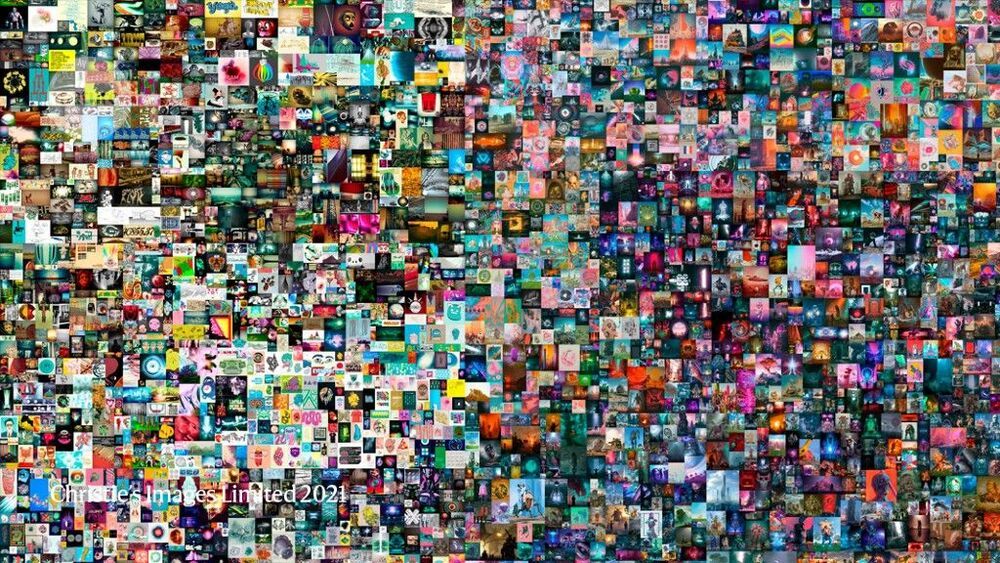The arguments over NFTs in science are similarly heated, with some saying they provide an incentive to showcase science to the public; a new method of fundraising; and even a way for people to earn royalties when pharmaceutical companies buy access to their genomic data. Others say that NFTs — which operate in a similar way to digital cryptocurrencies — are just needless energy pouring into a market bubble that’s sure to burst.
Is a trend of auctioning non-fungible tokens based on scientific data a fascinating art fad, an environmental disaster or the future of monetized genomics?










Comments are closed.